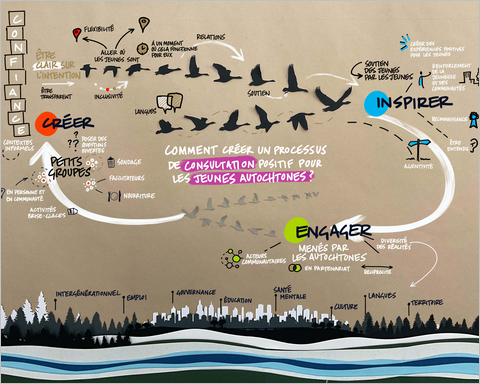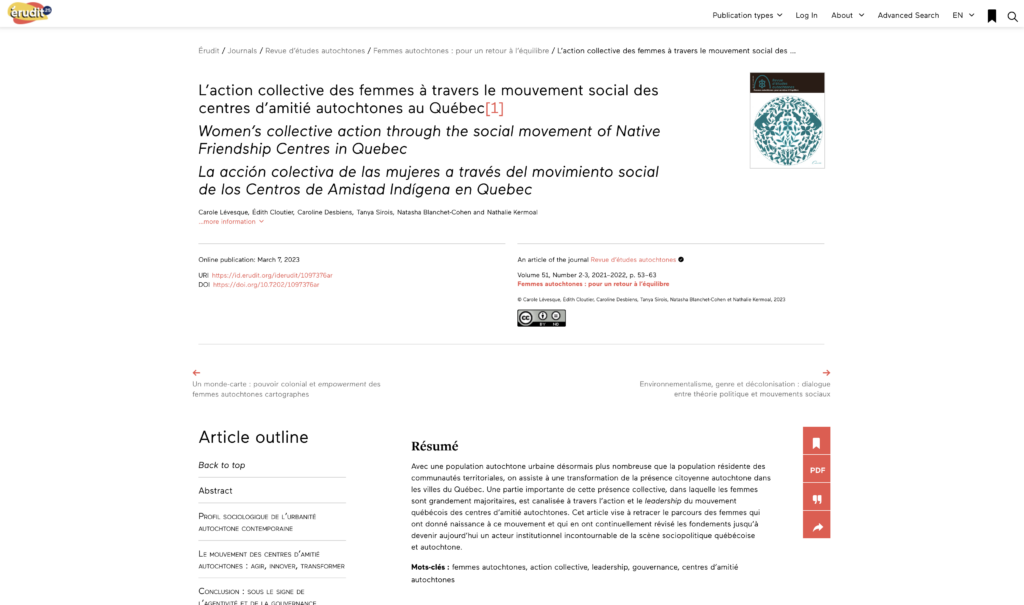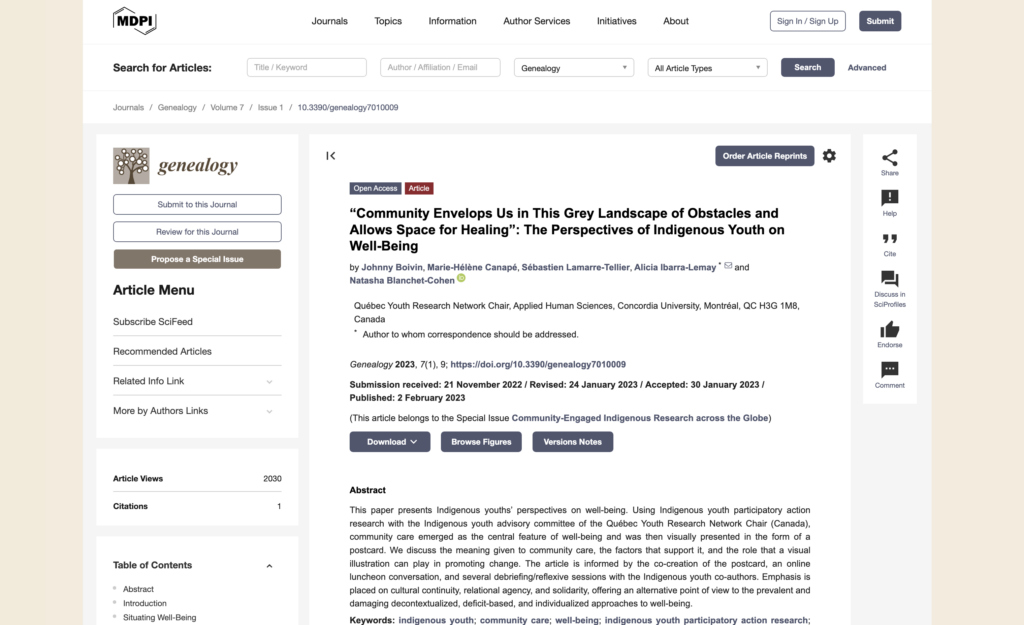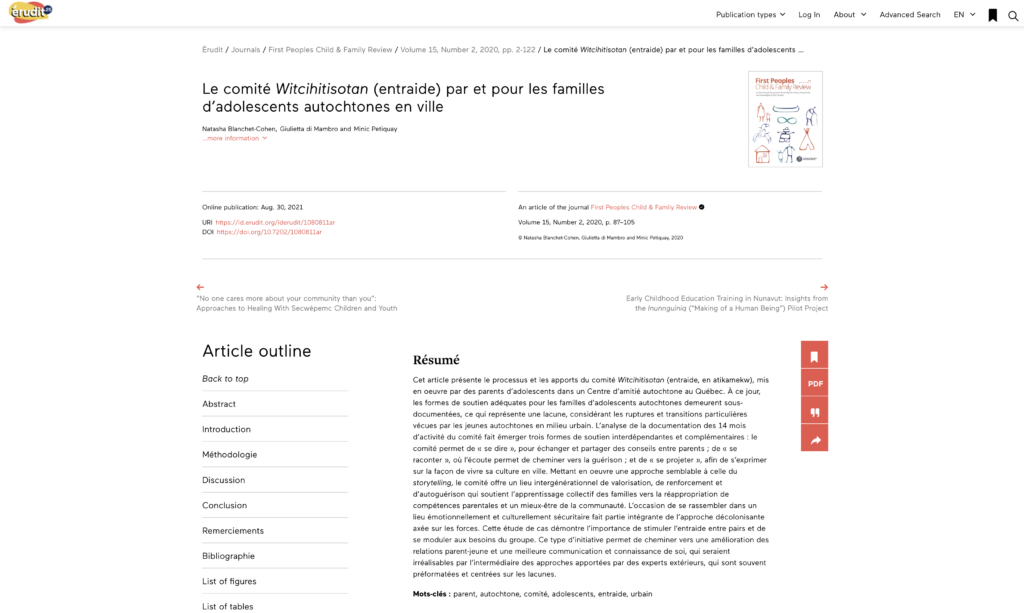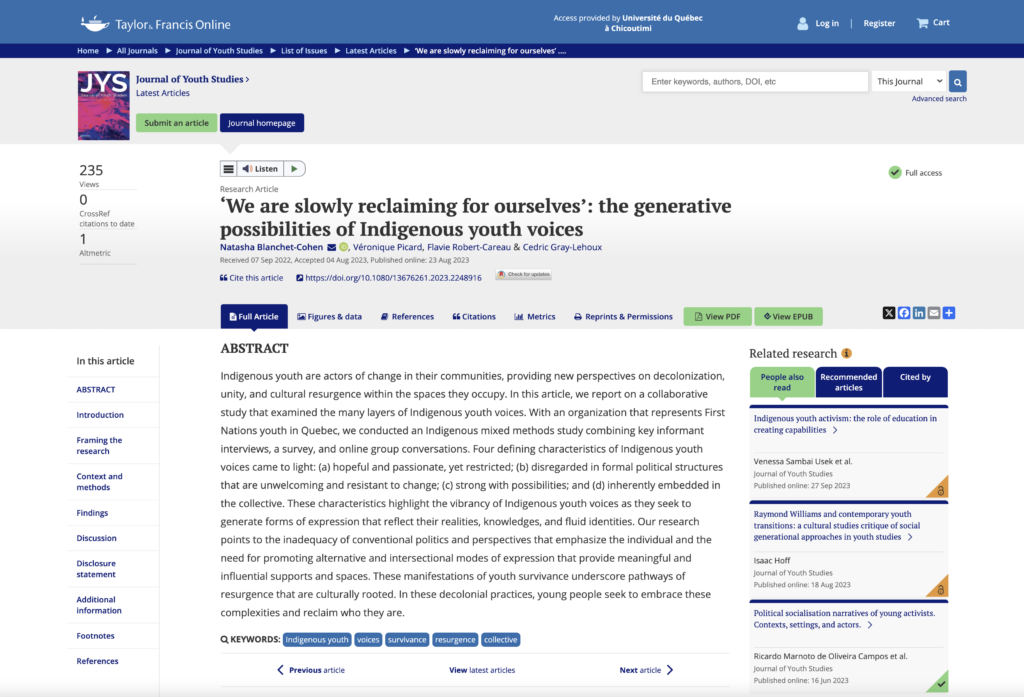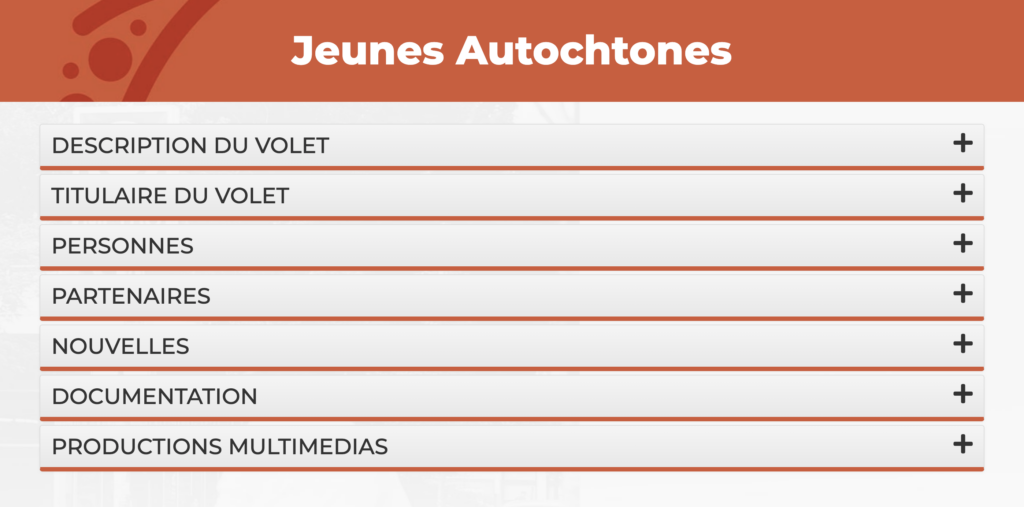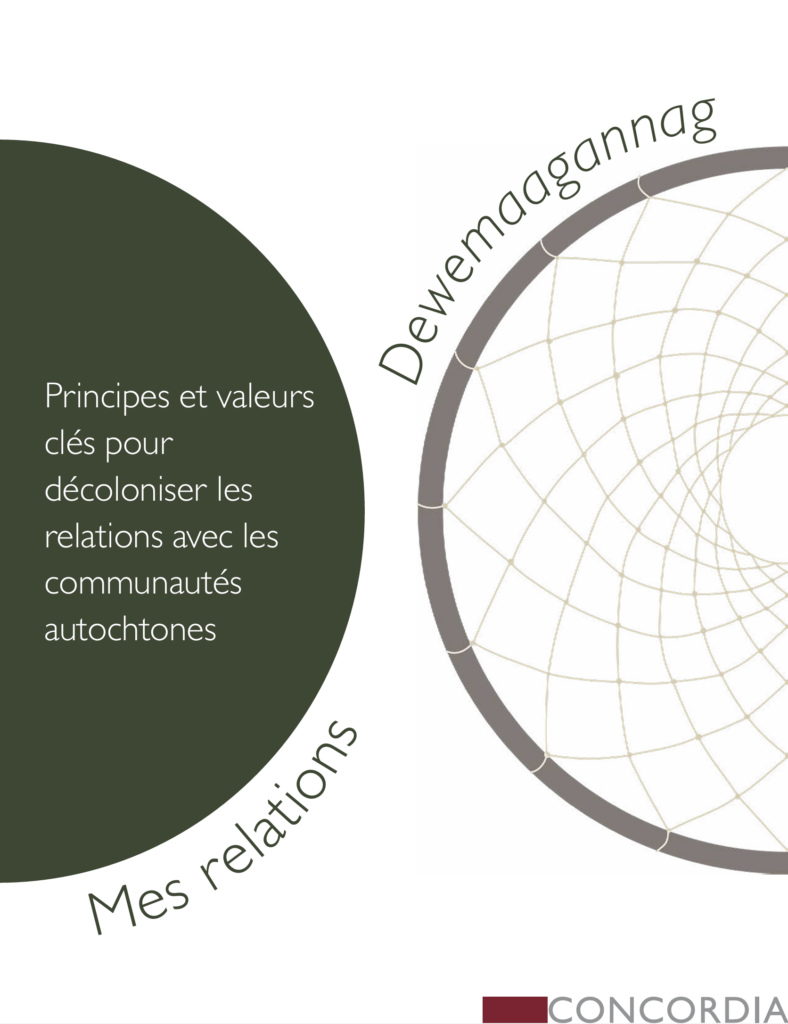Notice bibliographique
Guemghar, I., Pires de Oliveira Padilha, P., Abdel-Baki, A., Jutras-Aswad, D., Paquette, J. et Pomey, M.-P. (2022). Social Robot Interventions in Mental Health Care and Their Outcomes, Barriers, and Facilitators: Scoping Review. JMIR Mental Health, 9(4), e36094.
Résumé
Background. The use of social robots as innovative therapeutic tools has been increasingly explored in recent years in an effort to address the growing need for alternative intervention modalities in mental health care.
Objective. The aim of this scoping review was to identify and describe social robot interventions in mental health facilities and to highlight their outcomes as well as the barriers and facilitators to their implementation.
Methods. A scoping review of the literature published since 2015 was conducted using the Arksey and O’Malley’s framework. The MEDLINE, Embase, Cochrane Central Register of Controlled Trials, and PsycINFO databases were searched, and 2239 papers were retrieved. The papers included were primary empirical studies published in peer-reviewed literature. Eligible studies were set in mental health facilities and they included participants with a known mental health disorder. The methodological quality of the included papers was also assessed using the Mixed Methods Appraisal Tool.
Results. A total of 30 papers met the eligibility criteria for this review. Studies involved participants with dementia, cognitive impairment, schizophrenia, depression, autism spectrum disorder, attention-deficit hyperactivity disorder, and an intellectual disability. The outcomes studied included engagement, social interaction, emotional state, agitation, behavior, and quality of life.
Conclusions. The methodological weaknesses of the studies conducted this far and the lack of diversity in the conditions studied limit the generalizability of the results. However, despite the presence of certain barriers to their implementation (eg, technical problems, unsuitable environment, staff resistance), social robot interventions generally show positive effects on patients with mental health disorders. Studies of stronger methodological quality are needed to further understand the benefits and the place of social robots in mental health care.
Hyperlien
https://doi.org/10.2196/36094Publication du membre
Dre Amal Abdel-BakiAppartenance aux volets














